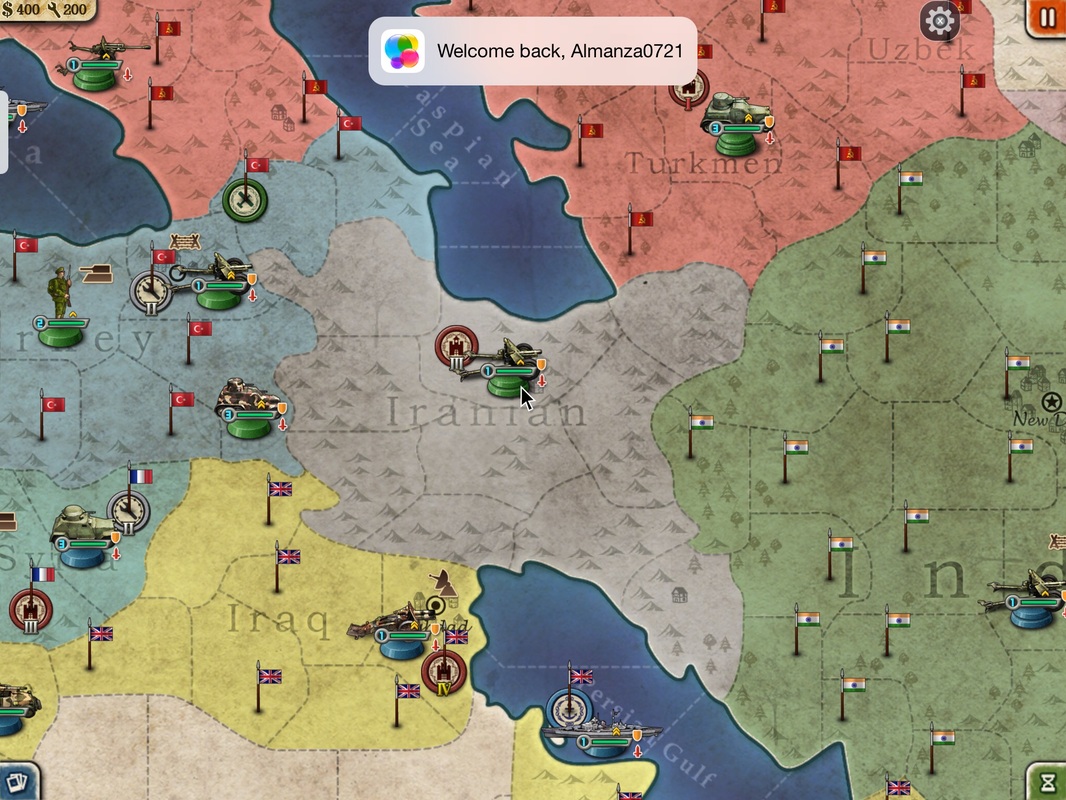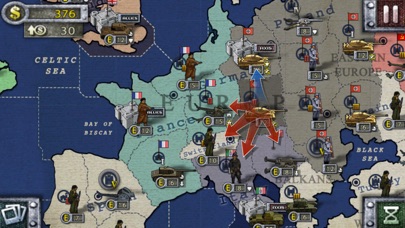
conquests of the islands of Iwo Jima and Okinawa.Īgainst that background, the dropping of the two atomic bombs in three days achieved the goal of a rapid surrender on acceptable terms. It seemed certain to cost high American casualties, judging by the toll of 18,000 dead in the recent U.S. Truman recorded in his diary, and said in a radio address after Nagasaki, that he hoped the atomic bombings would make the invasion unnecessary. People were angry that older men were being pulled out of nonmilitary jobs and drafted, and that some soldiers who had already served in Europe were being transferred to the Pacific theater for the expected invasion of Japan. Vinson talked of widespread concerns about food rationing and shortages. He never saw the people in their present frame of mind before," according to notes of the session.

Vinson, then head of domestic mobilization and later a Supreme Court justice, said he was "afraid of unrest in the country.

At a May 22, 1945, meeting of the Joint Chiefs of Staff, Fred M. Top officials were worried about growing domestic discontent highlighted by strikes and other labor unrest. losses in the Army and Navy were more than 1 million, including 290,000 killed, 630,000 wounded, and the remainder either missing or prisoners of war. A key factor in White House thinking was that the public was weary of fighting, in the wake of Allied victory in Europe in May 1945 and following more than 3 1/2 years of bloodshed. While historians with benefit of hindsight long will ponder what else besides the bomb might have forced Japan's surrender, the evidence is abundant that Truman used the weapon at the time because his paramount goal was to win World War II as quickly as possible on U.S. There is a theory that Truman's advisers insisted on using the bombs to justify the $2 billion spent to develop them.īut the issues that concerned Truman and his advisers at the time, and the debates within the administration, point to motives and judgments that are very different from some ascribed by subsequent critics, according to a three-month study of archival records and the published literature on the subject. Another suggestion is that a "warning" bomb should have been exploded somewhere as a demonstration, to give Japan a chance to surrender. Others have charged that Truman used the bomb less to end the war with Japan than to intimidate the Soviet Union at the Cold War's outset. Some historians have said he erred and set a dangerous precedent because Japan would have surrendered even had the bomb not been dropped. A big concern in Washington was that the new weapons, never tested under wartime conditions, might prove to be duds.Īs the 50th anniversary approaches of the atomic bombings, a debate has revived over whether Truman was justified in using the bomb. On July 24 of that year, Truman enthusiastically approved a schedule drawn up by military and scientific advisers to drop two atomic bombs on Japan in August, three per month in September, October and November, and possibly seven in December.Īt the same time, assuming the bombs alone might not be sufficient to end the war, the military was going forward with a plan, approved by Truman in June, for a November invasion of Japan's southernmost island of Kyushu using more than 765,000 U.S. Truman and his advisers in a calculated effort to use the extraordinary new weapon to drive Tokyo to surrender unconditionally.

WORLD CONQUEROR 2 NUKE SERIES
In 1945, though, they were merely the first two targets in a series of atomic bombings approved by President Harry S. atomic bombs 50 years ago, the Japanese cities today instantly call to mind images of terrible devastation and the unique horror of history's only nuclear attacks.


 0 kommentar(er)
0 kommentar(er)
